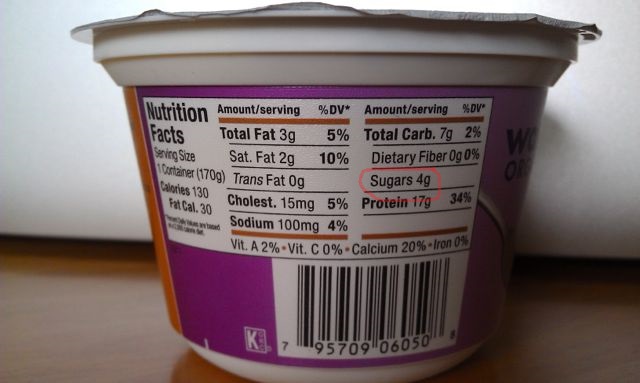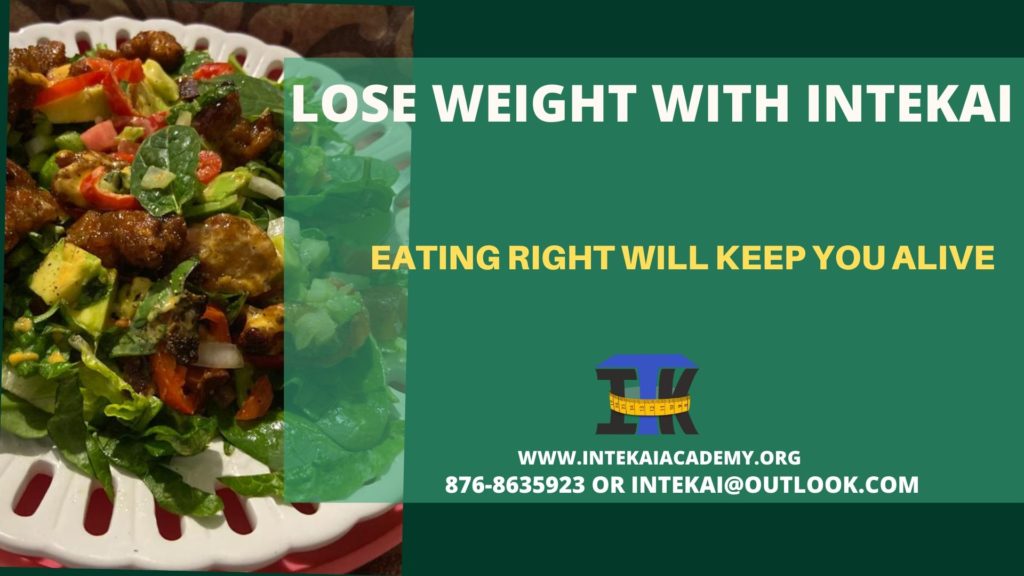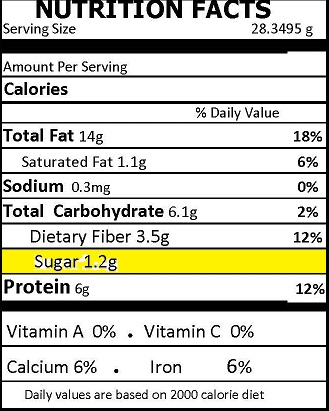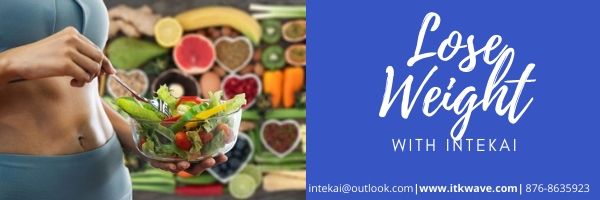NO-SUGAR CHALLENGE
WHAT IS THE ITK NO-SUGAR CHALLENGE
In order to help Members through the maize of finding the right foods at the supermarket and at making choices while away on vacation or at meetings, the ITK team has designed a Challenge which can work within your own assignment or simply just following the rules outlined to be successful.
The NO-SUGAR or Reduced sugar challenge is designed to show members that although having some level of restriction of sugar on their assignments, sometimes inadvertently sugars are included without actually being aware. This is usually as result of you not fully understanding how to read and interpret labels. Reading labels are important and it is also a crucial tool to understanding that some foods, when broken down convert to sugar when digested. These include ground provisions such as Sweet potato, irish potato and yam, commonly called “Carbs”.
READING LABELS
When purchasing items at the supermarket, especially processed foods, its important to pay attention to the nutrition information at the BACK OF THE PACKAGE, to determine the sugar levels. You can safely purchase foods which are less than 10 grams of sugar, when shopping for your ITK meals. Foods or items such as yogurt, cereals, nuts and sauces all have have sugars. On our no-sugar challenge, we are not trying to eliminate the above, we are trying to eliminate foods with sugar levels above 10 grams and which may carry us over our 25 gram day limit. The World Health Organization recommends a sugar intake of not more than 25 grams or more per day.

In any one day a member on the NO-SUGAR challenge week should ensure the following:
- Calories are no more than 1000 calories
- Protein content can be up to 7 ounces and divided between three meals (Breakfast, Lunch and Dinner)
- Vegetables up to 5 cups between 2 or 3 meals
- Snacks, which can be processed foods, should have less than 10 grams of sugar and are usually eaten between your Breakfast, Lunch and Dinner meals. Snacks include, yogurts, fruit, almonds, pistachios, popcorn, & low-calorie cookies. It is very important not to exceed portions with your snacks. IT snacks should not exceed 100 calories.
FOODS YOU CAN EAT DURING THE (REDUCED) NO-SUGAR CHALLENGE
- Animal Proteins (3 ounces)
- Non-animal protein (3 ounces)
- Fruits (1 cup)
- Green leafy vegetables (3 cups)
- Yogurt (less than 10 grams sugar)
- Pistachios (3 tablespoons)
- Almonds (2 tablespoons)

FOODS NOT ALLOWED ON THE NO-SUGAR CHALLENGE
(Foods which typically can EXCEED 10 grams of sugar)
- Sweet Biscuits
- Over two cups of mangos
- Three (3) Cups of fruit
- Warm beverages with added sugar
- Sauces with added sugar (use honey or maple syrup)
- Salad Dressing
- Sweetners (Stivia)
- Sweet Coffee Mates

SOME THINGS YOU SHOULD KNOW ABOUT SUGAR
By now you have likely heard that refined sugar and excess sugar can damage your health and has caused hundreds of thousands of people to suffer horribly, die prematurely and age painfully.
The reasons are not difficult to understand, because we have thousands of years of distant ancestors who had negligible contact with refined foods. All natural food sources with sugar and carbohydrates, have fiber, (with the exception of honey and maple syrup), which slows the absorption of the simple carbohydrate content (including sugars). This is the only safe way, we are designed to properly tolerate sugar ingestion.
The lack of fiber in refined sugars dramatically increases its glycemic index. This is the measure of how much and how quickly foods increase blood sugar levels. Elevated and prolonged blood sugar levels have been known to cause severe damage.
Our challenge is aimed at ensuring to stay within this window of 25 grams.
Keeping our sugar levels at a sustainable level can avoid diseases/conditions such as Cataract, Glaucoma, Retinopathy, Diabetic Macular Degeneration. This is what excessive and refined sugars do to a body, and remember sugars are everywhere, read labels, and take the time to research.
HOW DO YOU AVOID THESE DISEASES?
- Foods which are made from refined sugars and refined flour
- Sugary drinks
- Fruit drinks which have sugar added
- Alcoholic beverages
- Alcoholic beverages which are sweetened
- Sauces and dressings with sugar added

